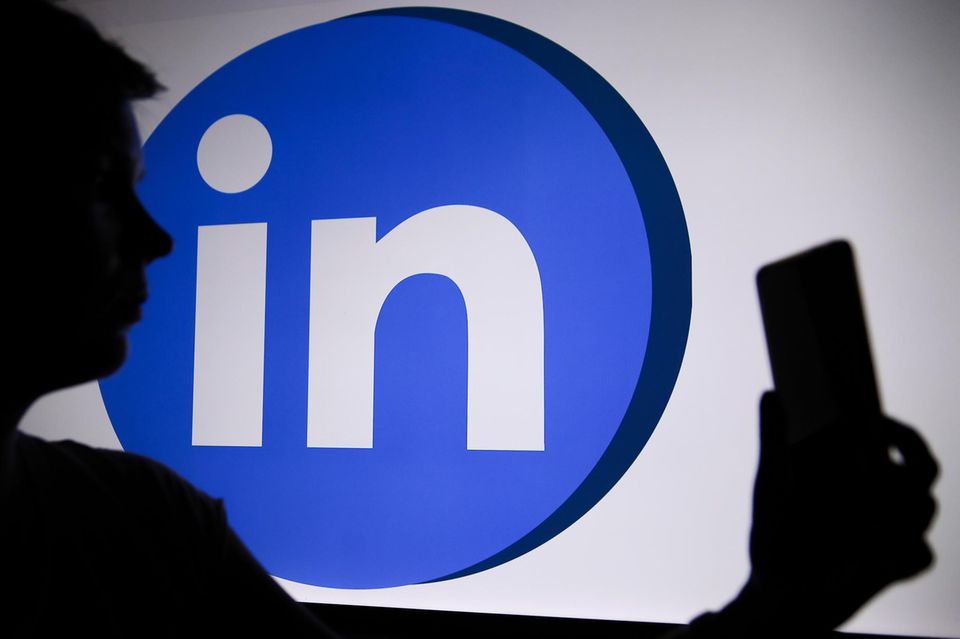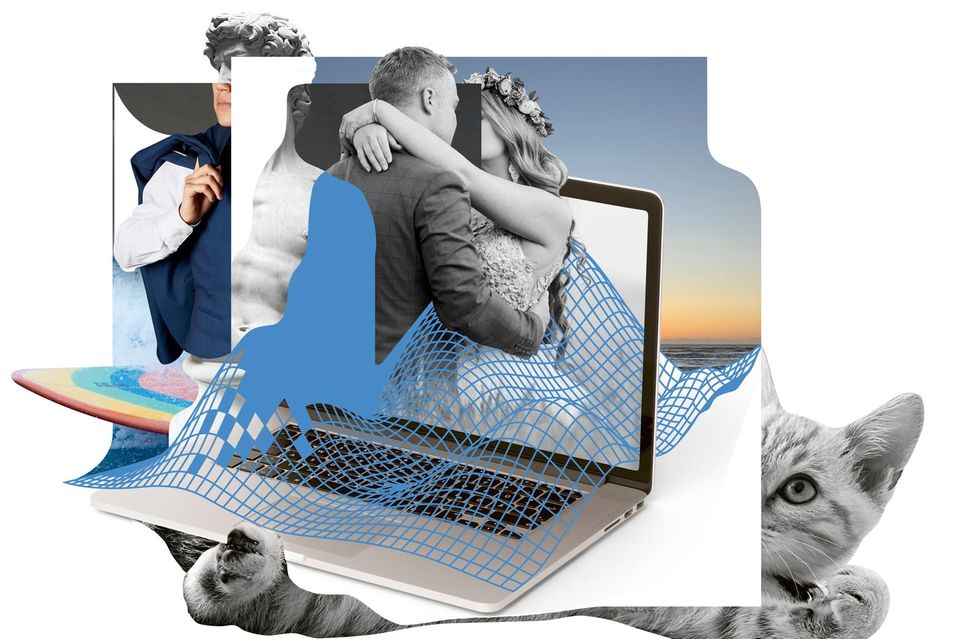Lufthansa, BMW & Co.: Pride fatigue: Companies forego logos in rainbow colors

With rainbow-colored logos, many companies are showing their commitment to Pride Month and the queer community. But this year, the commitment is more restrained, at least on LinkedIn.
Whatever the weather, every June the queer community celebrates itself. Pride Month focuses on equality and greater acceptance, evoking the social significance of lesbian, gay, bisexual, and transgender people.
The month has also been an important date in the social media calendars of many companies for years. Companies demonstrate solidarity with the group in various ways, even externally. One measure in particular has become established: on platforms like LinkedIn, regular company logos are often replaced with rainbow versions. One of the underlying messages is that they stand for diversity and tolerance.
However, for some large German companies, this form of support has apparently become obsolete this year, as a comparison of corresponding LinkedIn profiles using the Wayback Machine internet archive shows. For example, unlike last year, Lufthansa has decided not to offer a colorful version of its iconic crane.

When asked, a spokesperson did not provide specific reasons for this, but pointed to "Pride activities in various countries" in which the company is participating "fully and as planned." For example, rainbow flags in front of the buildings have been used as a "visible sign," and the company is also participating in Pride events at various locations. "Of course, the logos will be used alongside the rainbow flag or the Pride colors during the activities as a sign of the company's commitment to the activities," a spokesperson explained. However, the logos retained their original colors this year.
Pride Month: BMW, BASF, Siemens and SAP also forgo logo changesLufthansa isn't alone in this on LinkedIn. Along with car manufacturer BMW, chemical producer BASF, and industrial conglomerate Siemens, SAP's logo has also remained unchanged on the career platform. Just last year, the Walldorf-based software giant had its white logo on a blue trapeze underlaid with the bright colors of the Progress Pride flag.
A company spokesperson didn't explain why the company is foregoing this time. Only, SAP said, remains committed to its "commitment to inclusion, equal opportunity, and a safe work environment." This includes, for example, special employee networks and "over 60 events" during Pride Month and beyond. "True solidarity with the LGBTQ+ community is demonstrated through actions, not just a customized logo," the Walldorf-based company said.
A similar statement was made at BMW in Munich: "Changing a logo for one month is easy; ensuring our employees are respected and recognized for their diverse perspectives and talents throughout the year requires commitment," said a spokesperson. She pointed to internal networks and anti-discrimination measures.
A spokeswoman for the chemical company BASF justified the logo omission with a desire for "greater opportunities for participation and exchange regarding content." The community can comment on posts, for example, but not on a logo change. For this reason, the company is focusing on more social media posts about Pride Month this year, thus increasing user interaction.
Donations for Pride parties decliningIn fact, rainbow-colored corporate logos have been controversial for some time. In many cases, it's unclear whether this is a genuine expression of solidarity with the queer community or simply a matter of image building. As early as 2021, users of the social network X spoke of " double standards " because companies like BMW had only adapted their logos in Western countries. Some companies may have responded to the criticism and adjusted their commitment.

The truth, however, is that companies are currently showing some reluctance, and not just on social media. Financial commitment is also declining in parts of the economy – particularly in support of events organized by the queer community. Organizations in Berlin, Cologne, and Munich recently reported a consistent drop in donations .
The withdrawal of US companies is particularly significant. At the Berlin Pride this year, for example, not a single US company is represented as a sponsor – a first. Organizers in Cologne have made similar observations: Companies that have been involved for decades have withdrawn. The same picture emerges in Munich. "Sponsorship is declining here as well, which is primarily due to influence from the US," a spokesperson said.
The reason for this is apparently directives from US headquarters, influenced by the political climate under Donald Trump. In January, the former president banned DEI (Diversity, Equity, Inclusion) programs in US federal agencies by decree. At the same time, private companies were also pressured to distance themselves from such initiatives – in some cases even through direct letters from diplomats to European partner companies. Concerns about jeopardizing US business are apparently prompting some corporations to scale back their involvement.
capital.de




